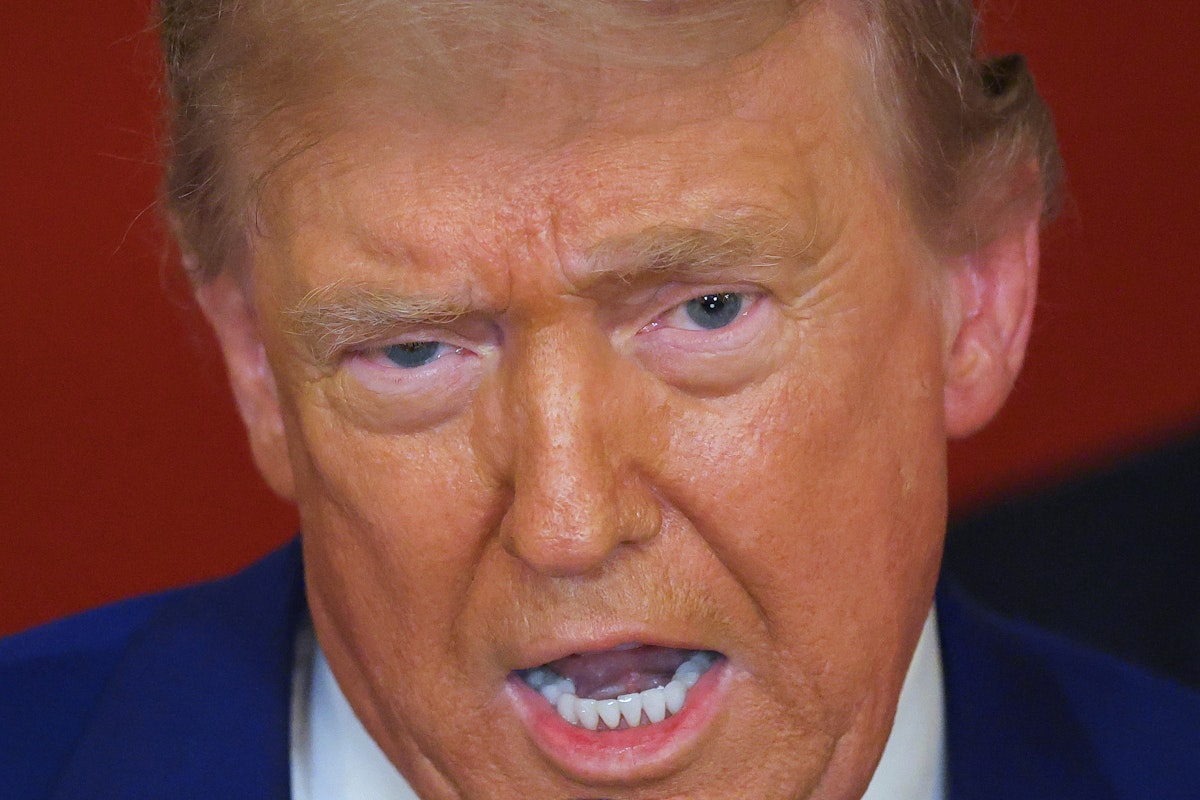We Are Wittingly Fooling Ourselves About Trump’s Attack on Iran


Earlier this year, in an unexpected divergence from the long-prevailing foreign policy rhetoric of presidents from both parties, Donald Trump gave a speech in Riyadh criticizing interventionists, neoconservatives, and America’s habit of bombing Middle Eastern countries. “In the end, the so-called ‘nation-builders’ wrecked far more nations than they built,” he said, “and the interventionists were intervening in complex societies that they did not even understand themselves.”
Many were intrigued by Trump’s acknowledgment of past U.S. failures in the region and the historical disregard for those nations’ agency. But five weeks later, he authorized U.S. airstrikes on three nuclear facilities in Iran, and a day later endorsed “regime change” to “Make Iran Great Again.”
The bombings may have surprised many, but it was hardly unprecedented. It followed a pattern that every U.S. president this century has, at some point, contributed to: launching military action without oversight, or based on false, manipulated, or selective intelligence—and facing no real consequences for doing so. From Iraq to Libya, Syria to Yemen, and now Iran, the cycle continues. Trump may be the most shameless president to casually enter military hostilities—but he is clearly not the first. And unless we confront the root problem—impunity and lack of accountability for presidents who do so—he will not be the last.
Flip-flops like this aren’t surprising; we’ve grown numb to presidents contradicting their own promises. Trump ran on “America First,” vowing to end endless wars—then escalated them. Before him, President Biden pledged to center human rights and end wars, yet continued arming Israel despite well-documented atrocities in violation of U.S. and international law, while his administration exploited loopholes to bypass congressional oversight. The deeper danger lies not in hypocrisy but complicity: accepting the fabricated narratives that justify committing reckless acts of war.


